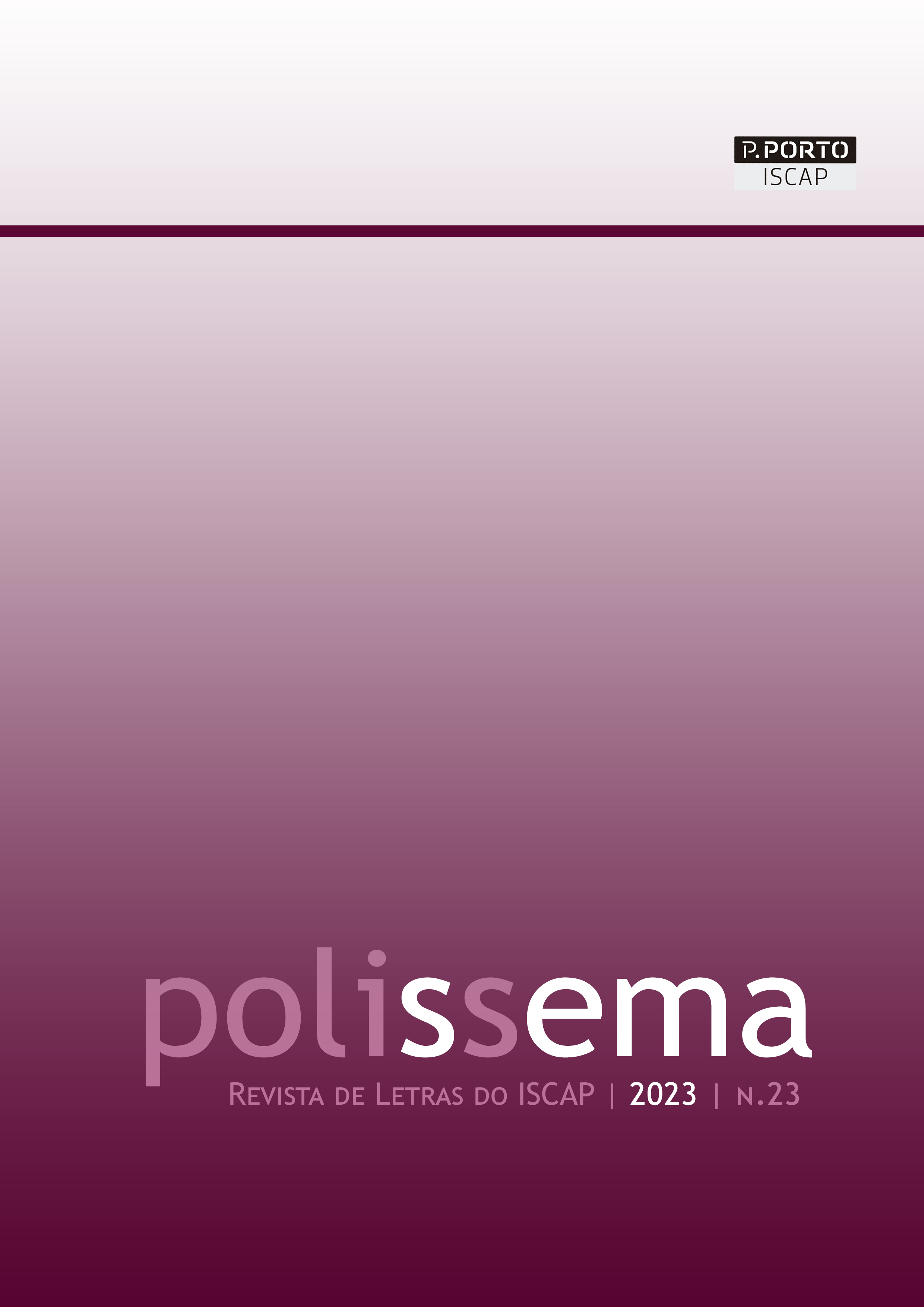FRENCH AND WOLOF IN TODAY'S SEEREER SPEECH: BORROWING OR CODE SWITCHING?
DOI:
https://doi.org/10.34630/polissema.v1i23.5303Keywords:
seereer, loanword, code switching, base languageAbstract
Senegal is a country with a variety of local languages and foreign languages. This situation generates an important linguistic contact, which, in turn, has very important linguistic consequences on these languages. The Seereer language, for example, is in close contact with French and Wolof. The obvious and concrete origins of the coexistence of the three languages are made explicit in this study. This situation has as a linguistic consequence a very significant influence of French and Wolof on Seereer; precisely, the presence of many French or Wolof words or expressions in Seereer. The study is based on a corpus of data collected during our field research. The analysis of the corpus has shown that the use of Wolof or French linguistic elements in the Seereer language is, in many cases, considered as linguistic borrowings; but, in most cases, it is considered as code-switching. The increasing volume of French and Wolof borrowings in the Seereer language and the alternation between these languages raises questions about the very worrying future of Seereer, given how rare it is to hear purely Seereer speech nowadays.
References
Almeida, M. (1999). Sociolingüística. Servicio de Publicaciones de la Universidad de La Laguna.
Bernárdez, E. (1978). Metodología para el estudio y la clasificación de los préstamos lingüísticos, In Revista Española de Antropología Americana, 203. Recuperado de https://revistas.ucm.es/index.php/REAA/article/view/REAA7878110203A.
Dreyfus, M. & Juillard, C. (2004). Le plurilinguisme au Sénégal. Langues et identités en devenir. Karthala.
Dubois, J. et al. (2001). Dictionnaire de Linguistique. Larousse-Bordas/HER.
Faye, P. (2008). Etude du discours mixte et du code switching Français- seereer-wolof : Approches sociolinguistique et psycholinguistique [Tesis doctoral, Universidad Cheikh Anta Diop de Dakar].
Faye, S. (2013). Grammaire dialectale du seereer. La maison du livre.
Fernández, F. M. (1998). Principios de sociolingüística y sociología del lenguaje. Ariel Lingüística.
Hernández Campoy, J. M. & Almeida, M. (2005). Metodología de la investigación sociolingüística. Editorial Comares.
Moreau, M. L. (1997). Sociolinguistique. Concepts de base. Mardaga.
Ndao, P. A. (1996). Contacts de langues au Sénégal : étude du code switching wolof-français en milieu urbain ; approches linguistique, sociolinguistique et pragmatique [Tesis doctoral, Universidad Cheikh Anta Diop de Dakar].
Sarr, I. (2012). Le phénomène des langues en contact au Sénégal : Analyse phonologique et sémantique des emprunts lexicaux d’origine mandingue en langue seereer [Tesis doctoral, Universidad Gaston Berger de Saint-Louis].
Serrano, M. J. (2011). Sociolingüística. Ediciones del Serbal.
Thiam, A. B. (2015). Los préstamos léxicos en la lengua wolof: estudio tipológico [Tesis doctoral, Universidad de la Laguna].
Weinrich, U. (1953). Lenguas en contacto: descubrimientos y problemas. Traducción de Francisco Rivera. Ediciones de la biblioteca de la Universidad central de Venezuela.
Winford, D. (2010). Contact and borrowing. In The Handbook of Language Contact. A Jonh Wiley & Sons, Ltd, Publication.
Downloads
Published
How to Cite
Issue
Section
License
Copyright (c) 2023 POLISSEMA – ISCAP Journal of Letters

This work is licensed under a Creative Commons Attribution-NonCommercial-NoDerivatives 4.0 International License.


